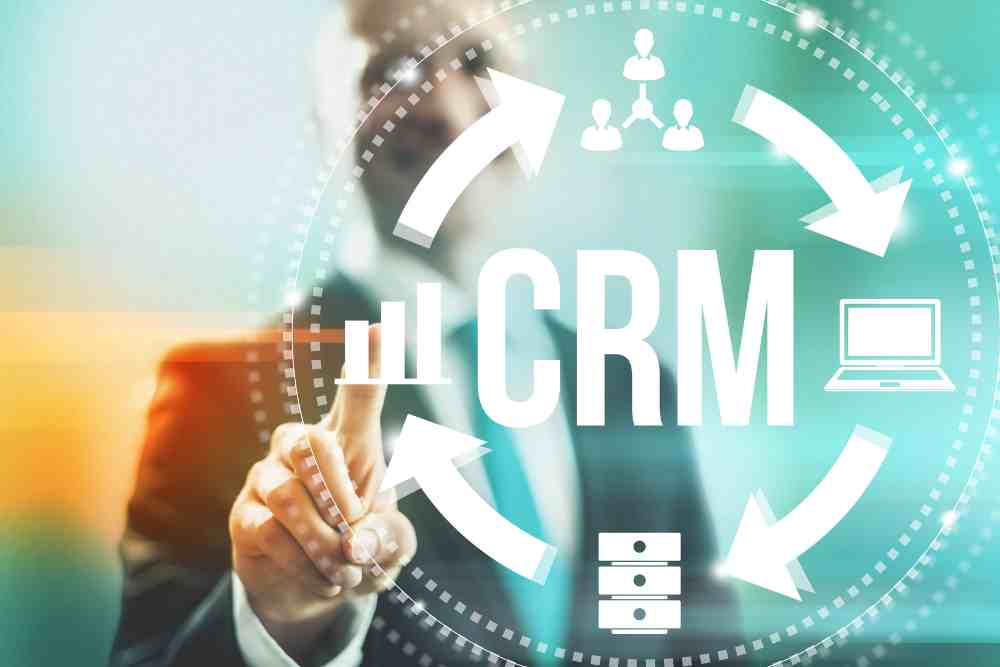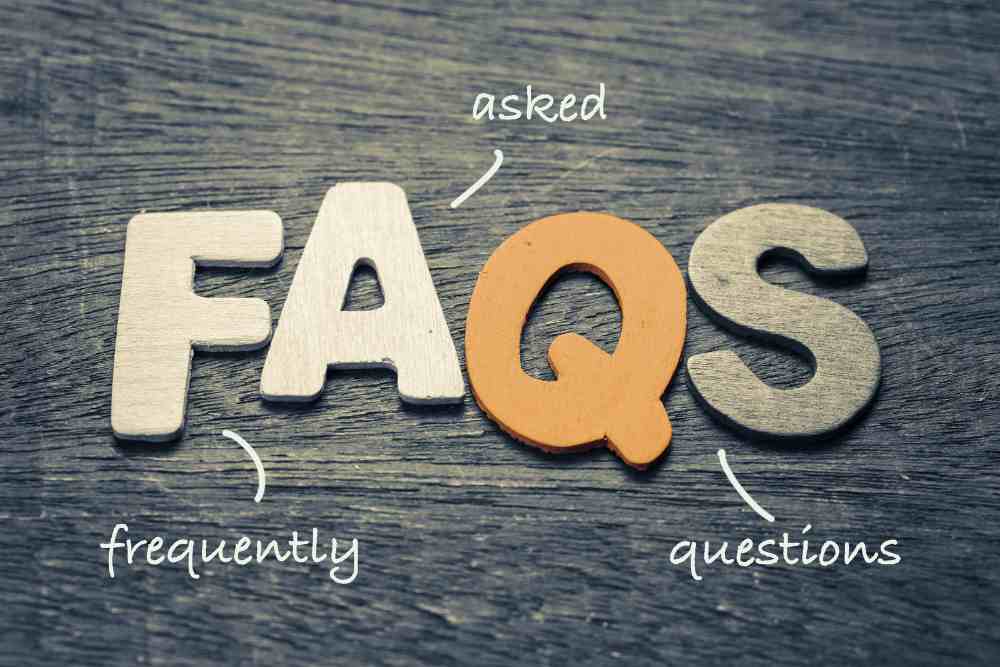Best Practices for Secure CRM Data and Transactions

Get Your FREE 14-Day Trial and Take Your Business To The Next Level with an All-In-One Sales and Marketing Platform for businesses, agencies and marketers.
As businesses increasingly rely on customer relationship management (CRM) systems to manage their sales and marketing efforts, the security of CRM data and transactions becomes paramount. With the rise in cyber threats and data breaches, it is crucial for organizations to implement best practices to protect sensitive customer information and ensure secure transactions. In this article, we will explore the best practices for securing CRM data and transactions, providing valuable insights and actionable steps for businesses to follow.
The Importance of Secure CRM Data and Transactions
CRM systems store a wealth of sensitive customer information, including contact details, purchase history, and communication records. This data is invaluable to businesses for understanding customer behavior, personalizing marketing campaigns, and driving sales. However, if this data falls into the wrong hands, it can lead to severe consequences, such as identity theft, financial fraud, and reputational damage.
Furthermore, CRM systems often facilitate transactions, such as processing payments or managing subscriptions. Ensuring the security of these transactions is essential to protect both the business and its customers from financial loss and potential legal issues.
Best Practices for Secure CRM Data
1. Implement Strong Access Controls
Controlling access to CRM data is the first line of defense against unauthorized access. Here are some best practices to consider:
- Use strong passwords and enforce regular password changes.
- Implement multi-factor authentication to add an extra layer of security.
- Assign user roles and permissions based on the principle of least privilege.
- Regularly review and revoke access for employees who no longer require it.
2. Encrypt Data at Rest and in Transit
Encrypting CRM data is crucial to protect it from unauthorized access, both when it is stored and when it is transmitted. Here are some encryption best practices:
- Use strong encryption algorithms to protect data at rest, such as AES-256.
- Ensure that data is encrypted before it is stored in the CRM system’s database.
- Implement secure protocols, such as HTTPS, to encrypt data during transit.
- Regularly update encryption keys to maintain the security of the data.
3. Regularly Backup Data
Regularly backing up CRM data is essential to ensure its availability in case of data loss or system failure. Here are some backup best practices:
- Automate the backup process to ensure consistency and reliability.
- Store backups in a secure location, separate from the primary CRM system.
- Test the restoration process periodically to ensure backups are valid and usable.
- Consider using cloud-based backup solutions for added redundancy and accessibility.
4. Monitor and Detect Anomalies
Implementing monitoring and detection mechanisms can help identify potential security breaches or unauthorized activities. Here are some best practices for monitoring CRM data:
- Implement intrusion detection systems (IDS) to monitor network traffic.
- Use security information and event management (SIEM) tools to centralize log data and detect anomalies.
- Regularly review and analyze logs for suspicious activities.
- Set up alerts and notifications for potential security incidents.
Best Practices for Secure CRM Transactions
1. Use Secure Payment Gateways
When processing payments through a CRM system, it is crucial to use secure payment gateways to protect customer financial information. Here are some best practices:
- Choose reputable payment gateways that comply with industry security standards, such as PCI DSS.
- Ensure that payment gateways use encryption to protect sensitive payment data.
- Regularly update payment gateway software to patch any security vulnerabilities.
- Monitor payment gateway logs for any suspicious activities.
2. Implement Fraud Detection Mechanisms
Implementing fraud detection mechanisms can help identify and prevent fraudulent transactions within the CRM system. Here are some best practices:
- Use machine learning algorithms to analyze transaction patterns and detect anomalies.
- Set up rules and thresholds to flag potentially fraudulent transactions.
- Regularly review and update fraud detection mechanisms based on emerging trends and patterns.
- Train employees to identify and report suspicious transactions.
3. Educate Employees on Security Awareness
Employees play a crucial role in maintaining the security of CRM data and transactions. Educating employees on security awareness can help prevent human errors and mitigate potential risks. Here are some best practices:
- Provide regular security training to employees, covering topics such as password hygiene, phishing awareness, and social engineering.
- Encourage employees to report any security incidents or suspicious activities promptly.
- Implement a clear security policy that outlines acceptable use of CRM systems and the consequences of non-compliance.
- Conduct periodic security audits to assess employee compliance with security policies.
Securing CRM data and transactions is of utmost importance for businesses to protect sensitive customer information and ensure the integrity of their sales and marketing efforts. By implementing best practices such as strong access controls, data encryption, regular backups, monitoring and detection mechanisms, secure payment gateways, fraud detection mechanisms, and employee security awareness, businesses can significantly reduce the risk of data breaches and financial fraud.
Remember, protecting CRM data and transactions is an ongoing process that requires continuous monitoring, updating, and improvement. By following these best practices and staying informed about emerging security threats, businesses can safeguard their CRM systems and maintain the trust of their customers.
For an all-in-one sales and marketing platform that prioritizes security, consider using SaasExpert.ca. SaasExpert.ca offers a comprehensive suite of tools and features designed to help small businesses, agency owners, and marketers securely manage their CRM data and transactions.
Learn more about “CRM Data and Transaction Encryption Techniques” right here.
Frequently Asked Questions About Best Practices for Secure CRM Data and Transactions.

1️⃣: What is CRM data security, and why is it important? 🤔
CRM data security is all about protecting your Customer Relationship Management (CRM) system’s data from unauthorized access, data breaches, and other cybersecurity threats. Your CRM system is a treasure trove of sensitive information, including customer contact details, transaction history, and even confidential internal communications. 📂
Keeping this data secure is critical because:
- It builds trust with your customers. 👩💼
- It’s often required by laws and regulations. 🏛️
- A security breach could result in financial losses and damage to your brand’s reputation. 📉
2️⃣: What are some must-have features for CRM data security? 🛡️
Great question! Secure CRM platforms should offer a variety of features like:
- Data Encryption: Encrypt sensitive information so that even if a breach occurs, the data is unreadable. 🔒
- Two-Factor Authentication (2FA): This adds an extra layer of security when logging in. 📲
- User-Level Permissions: Customize who has access to what within your CRM. 👩💻👨💻
- Regular Backups: Make sure your data is backed up in multiple secure locations. 🔄
- Audit Trails: Keep a log of who did what in your CRM, providing traceability. 📜
3️⃣: How can I train my team to adhere to secure CRM practices? 🎓
Training is an essential aspect of CRM data security. Here’s how you can go about it:
- Awareness Seminars: Start by educating your team about the importance of data security. 📚
- Hands-On Training: Use real-world scenarios to teach employees how to respond to potential threats. 👩🔧
- Regular Updates: Security landscapes change, so keep your team updated with the latest security protocols and patches. 🔄
- Monitoring and Feedback: Monitor how well your team is following secure practices and provide constructive feedback. 👀
4️⃣: How do I protect my CRM data during transactions? 🛒
Transactions often involve exchanging sensitive information. Protect it by:
- Utilizing secure, encrypted channels for all data transfers. 🛡️
- Verifying identities using multiple factors like OTPs or security questions. 🎛️
- Implementing time-outs for sessions to minimize the risks from unattended devices. ⏳
- Employing real-time monitoring tools that can detect and flag suspicious activities. 🚨
5️⃣: What do I do if my CRM data is compromised? 😱
First, don’t panic! A quick and organized response can help minimize damage. Here’s a basic roadmap:
- Identify and Contain: Find out what was compromised and contain the breach. 🕵️♂️
- Notify Stakeholders: Alert your customers, team, and even legal authorities if necessary. 📢
- Audit and Analyze: Examine how the breach occurred to prevent future incidents. 🔍
- Update Security Measures: Implement new safeguards based on what you’ve learned. ⚙️
Remember, CRM data security is an ongoing process. Keep learning, training, and updating your security measures. 🛠️✨
I hope this helps! Let me know if you have any more questions. 🌈
- Best Practices for Secure CRM Data and Transactions
- crm
- customer relationship management
- What is CRM Software?






